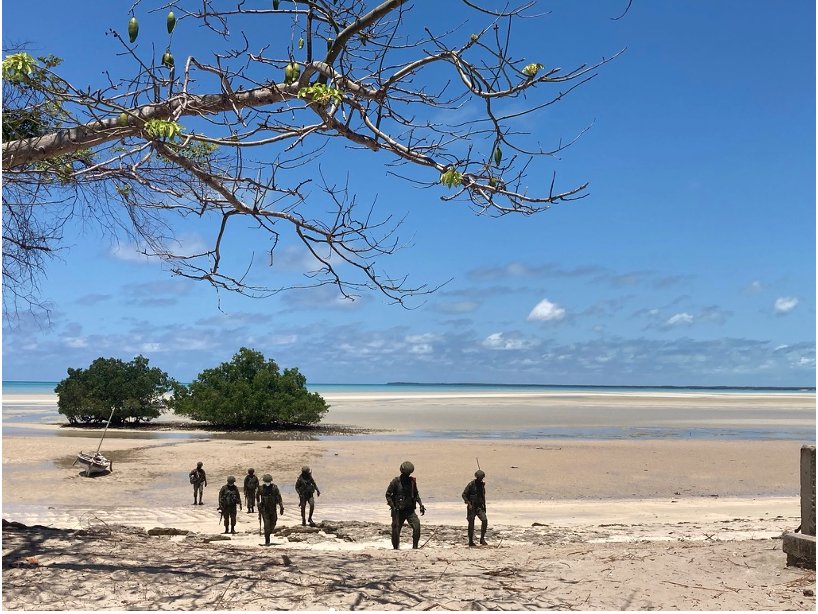Up to 1,193 people were killed and 209 were kidnapped over 12 days in an insurgent attack on the town of Palma more than two years ago, according to journalist Alex Perry who organised and conducted the first survey into the massacre which took place next to the Mozambique LNG project operated by TotalEnergies.
Perry hired a team of six surveyors and three supervisors in Mozambique who visited over 13,600 homes in Palma and its surrounding villages between November 2022 and March 2023. For the majority of the victims, the team identified the victim’s name, age and manner of death, according to Perry’s raw database seen by Zitamar News.
Of a total of 1,193 killed, 432 are missing presumed dead, 366 were shot, 330 were beheaded, 45 drowned and another 22 died from various other causes, the survey found. In some cases, multiple causes of death were recorded for one person.
Islamic State-affiliated insurgents launched a coordinated assault on Palma on 24 March and routed the Mozambican Armed Defense Forces before occupying the town. By the time Palma was recaptured by security forces on 5 April, much of the town had been plundered and burned, and around 40,000 people were displaced.
The attack led TotalEnergies, which operates the $20 billion Mozambique LNG project in Afungi adjacent to Palma, to declare force majeure and suspend all operations, which are still yet to officially resume.
No government entity has provided a tally of the total killed in the attack, but provisional estimates were considerably lower than Perry’s figure. A statement released by Islamic State five days into their occupation claimed the insurgents had killed 55 people. One survivor counted at least 87 dead in the attack’s aftermath, MediaFax reported. ACLED recorded 91 fatalities, including insurgents, security forces and civilians, in the first three days of fighting.
But another survey by the Observatório do Meio Rural (OMR), published 14 June, lends credibility to Perry’s figures. After distributing 600 questionnaires to civilians across the districts of Palma, Mocímboa da Praia, Metuge, Montepuez and Chiure, OMR found that 57% of households around Afungi reported having family who had been killed in the conflict, while 34% said family members were missing. João Feijo, OMR’s leading researcher into the conflict, told Zitamar Perry’s figures ring true. “The numbers do not surprise me at all,” he said.
Neither OMR or Perry’s surveys collected information about who killed civilians, although Perry adds insurgents were indicated to be responsible for the vast majority of killings. However, local sources have told Zitamar that in many cases, civilians were also killed by Mozambican defence and security forces.
A ‘stunning and curious admission’
“A count of the dead was evidently of utmost importance,” Perry says in the appendix to his survey. “But neither the state nor Total had made one – which, in the face of a seeming catastrophe, was a stunning and curious omission.”
Perry also argues that Total bears responsibility for the scale of the tragedy. In an article for Outside magazine in July last year he claimed that the company abandoned its contractors and the local community, and refused even to provide aviation fuel for the rescue effort.
Total declined to comment on Perry’s data but insisted that all staff “took an active part in assisting the local population insofar it did not jeopardise their security and that of the local population,” which included providing food, water and medical services to refugees. Total told Zitamar it has “expressed its full solidarity with the government and people of Mozambique” since force majeure was declared in April 2021.
“Total’s continuing refusal even to acknowledge this disaster occurred makes a lie of their professions of ‘solidarity’ with the community,” Alex Perry told Zitamar. “Its social licence to operate hasn’t just evaporated – after abandoning more than 1,000 people to their deaths, I would suggest Total’s people are going to find it impossible even to look the population in the eye.”
This article was amended on 19 December 2023 to clarify the breakdown of the figure of 1,193 total deaths found by Alex Perry's survey.









